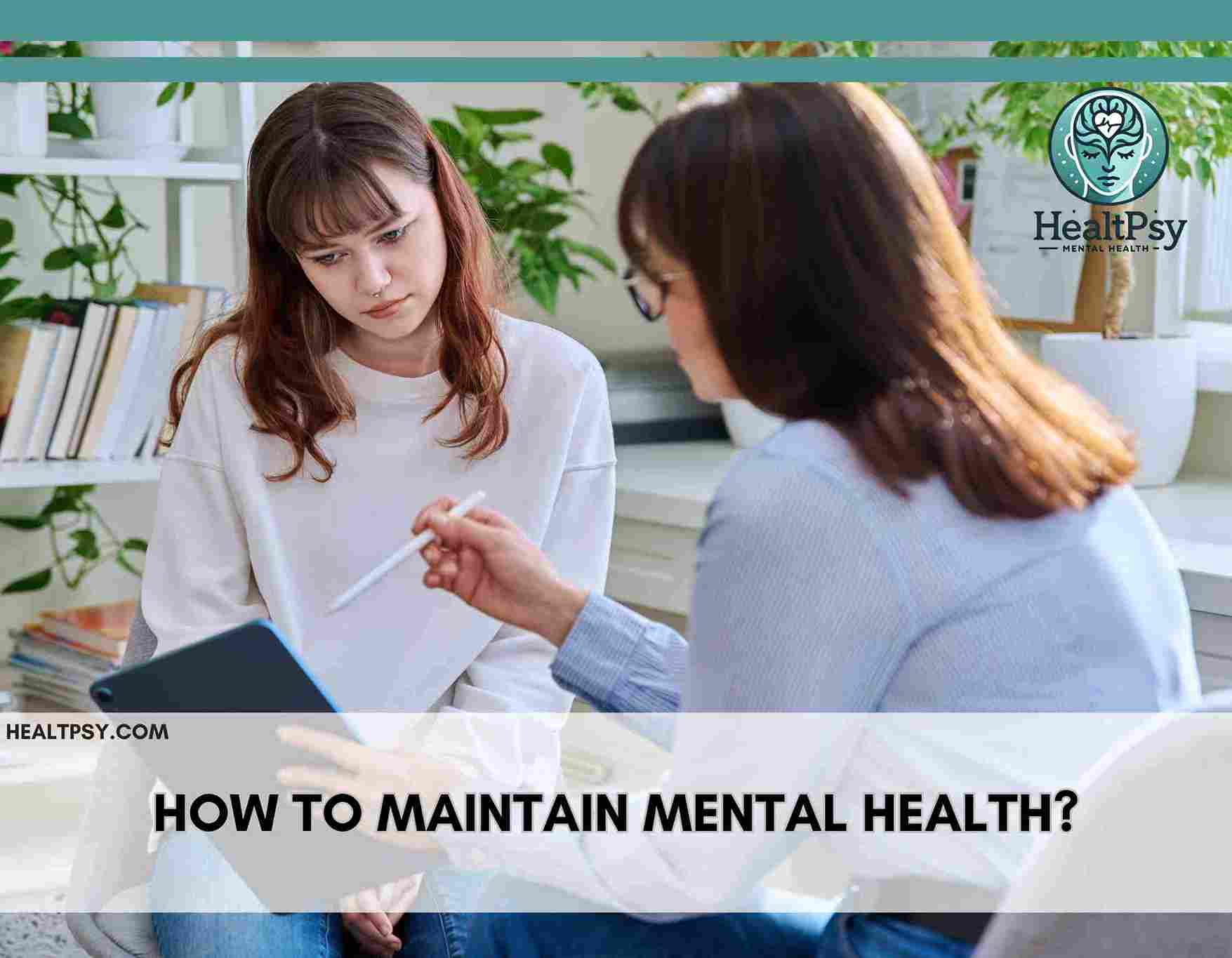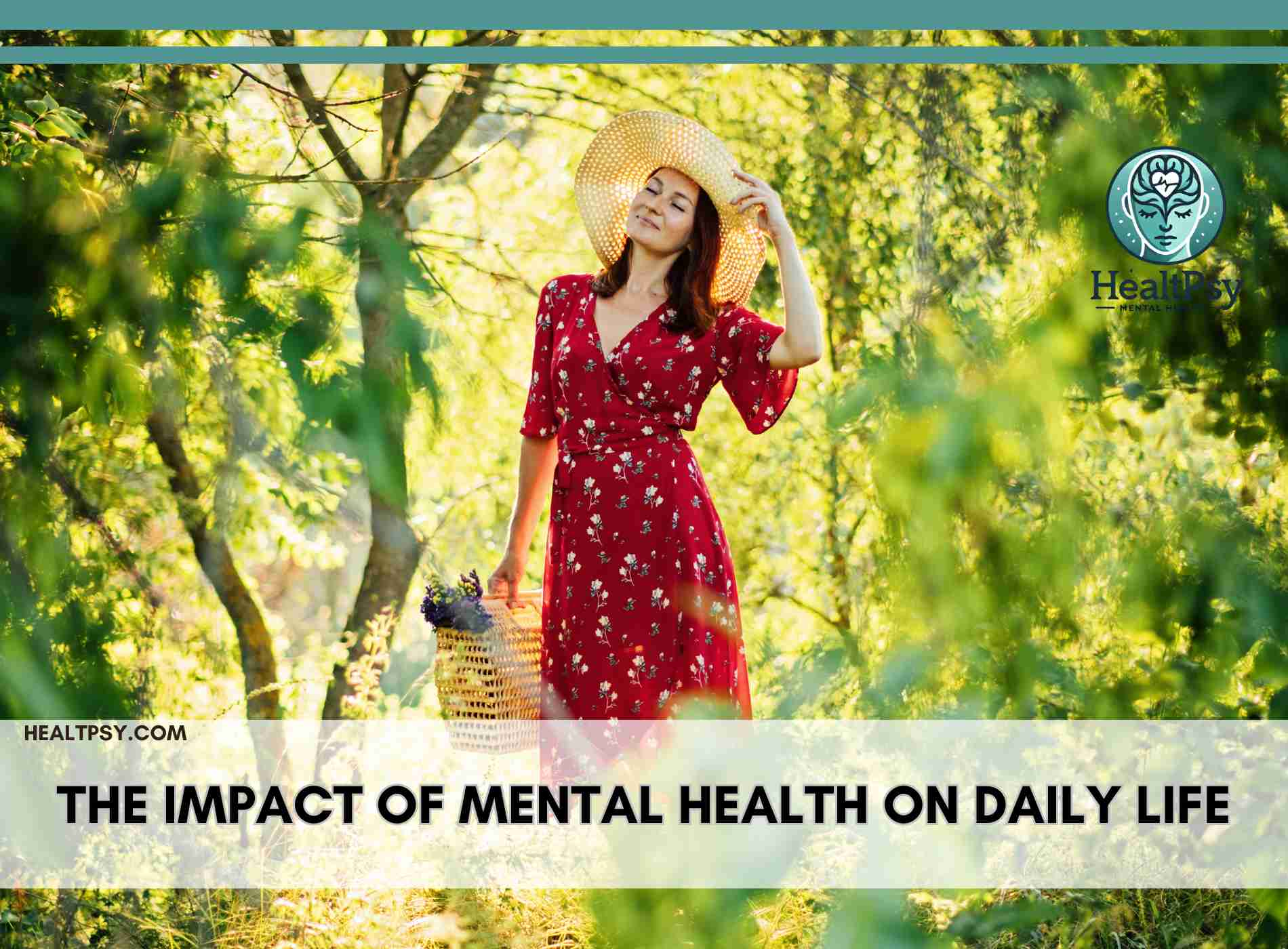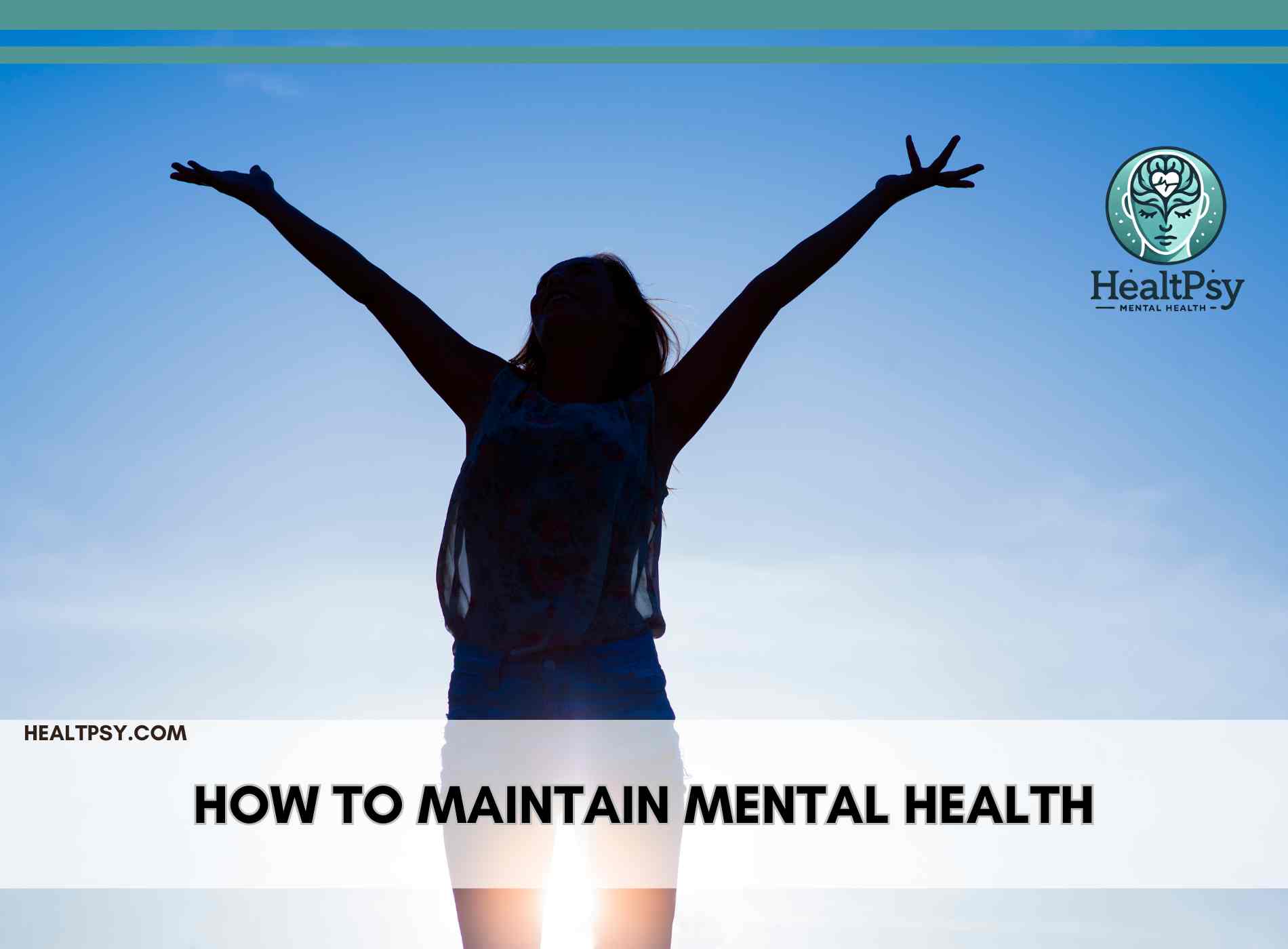What is Mental Health and Why is It Important? [Stress Management Tips]
Introduction
Mental health is the foundation of overall well-being, shaping how we think, feel, and interact with the world. Despite its critical role, mental health often goes unnoticed until challenges arise. Understanding and nurturing mental health helps individuals lead more balanced and fulfilling lives.
What is Mental Health?
Mental health encompasses an individual’s emotional, psychological, and social well-being. It affects how people handle stress, relate to others, and make decisions. Good mental health enables individuals to:
- Navigate daily challenges effectively.
- Build positive personal and professional relationships.
- Maintain emotional stability and resilience.
On the other hand, poor mental health can manifest as anxiety, depression, or strained relationships, highlighting the need for timely intervention and support.
Why is Mental Health Important?
Impact on Daily Life
Mental health profoundly impacts how individuals perform at work, maintain relationships, and make life decisions. A sound mental state enhances productivity, creativity, and overall satisfaction, while neglecting mental health can lead to burnout, emotional instability, and reduced quality of life.
The Link Between Mental and Physical Health
Chronic mental health issues can have a direct impact on physical health, contributing to problems such as cardiovascular disease, weakened immunity, and digestive issues. Prioritizing mental health fosters better overall health and reduces the risk of long-term physical ailments.
Key Challenges to Mental Health
Mental health can be influenced by various factors, including:
- Stress: Chronic stress affects emotional and physical health, often leading to burnout.
- Social Isolation: Lack of meaningful connections contributes to loneliness and depression.
- Unresolved Trauma: Past experiences can resurface as anxiety, PTSD, or other mental health conditions.
- Substance Abuse: Misusing substances often exacerbates mental health challenges.
Strategies to Improve Mental Health
Maintaining mental health involves intentional practices to build resilience and well-being. Some strategies include:
- Mindfulness: Practices like meditation or journaling improve focus and reduce stress.
- Exercise: Physical activity boosts mood and enhances mental clarity.
- Nutrition: A balanced diet supports brain function and emotional stability.
- Sleep Hygiene: Quality sleep is vital for emotional regulation and cognitive function.
- Seeking Support: Professional help provides personalized guidance and coping tools.
Self-Care Practices
Self-care is essential for maintaining mental health. Effective practices include:
- Exercise Regularly: Activities like walking or yoga release endorphins and reduce anxiety.
- Eat a Balanced Diet: Nutrient-rich foods enhance brain health and emotional resilience.
- Maintain Social Connections: Engaging with loved ones fosters a sense of belonging and support.
Stress Management Techniques
Stress is a natural part of life, but managing it effectively is key to maintaining mental health. Consider these methods:
- Time Management: Prioritize tasks to reduce overwhelm and create a sense of control.
- Deep Breathing: Controlled breathing lowers heart rate and promotes relaxation.
- Mindfulness Meditation: Focus on the present to reduce stress and improve clarity.
Raising Mental Health Awareness
Promoting mental health awareness is crucial for breaking the stigma surrounding mental illnesses. Awareness campaigns educate communities, encourage open conversations, and support individuals in seeking help. Through community events, educational workshops, and shared stories, mental health awareness fosters empathy and understanding.
Why Awareness Matters
- Encourages individuals to seek help early.
- Breaks down barriers caused by stigma.
- Promotes a culture of understanding and acceptance.
Conclusion
Mental health is a critical aspect of overall well-being. By understanding its importance, addressing challenges, and adopting effective strategies, individuals can lead more fulfilling lives. Take steps today to prioritize your mental health and support others in their journey toward emotional resilience and balance.
References
you might also like





